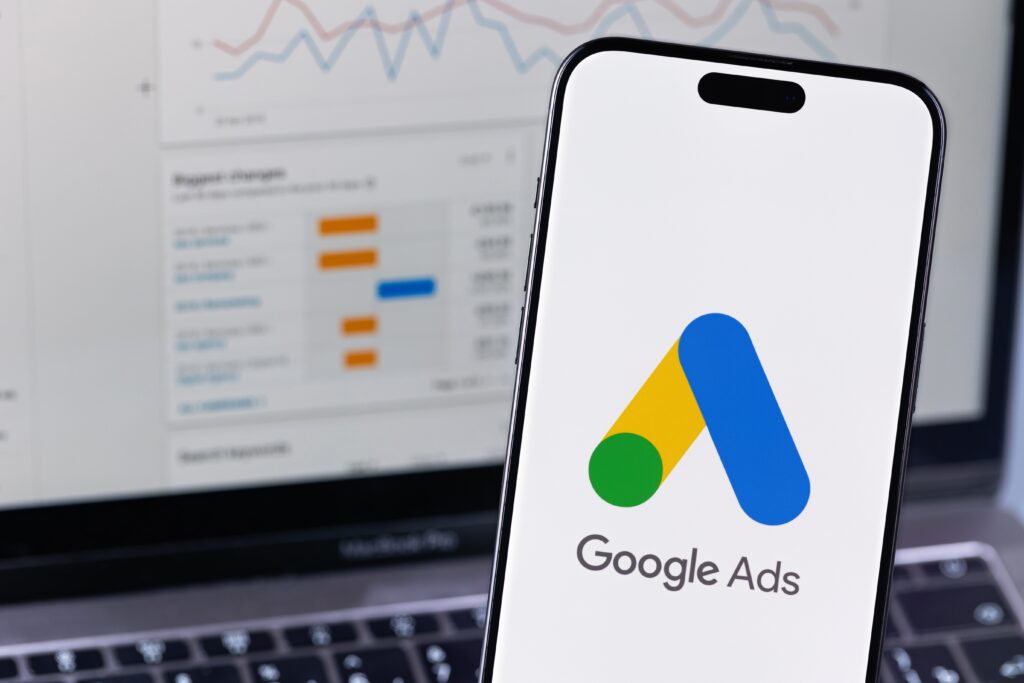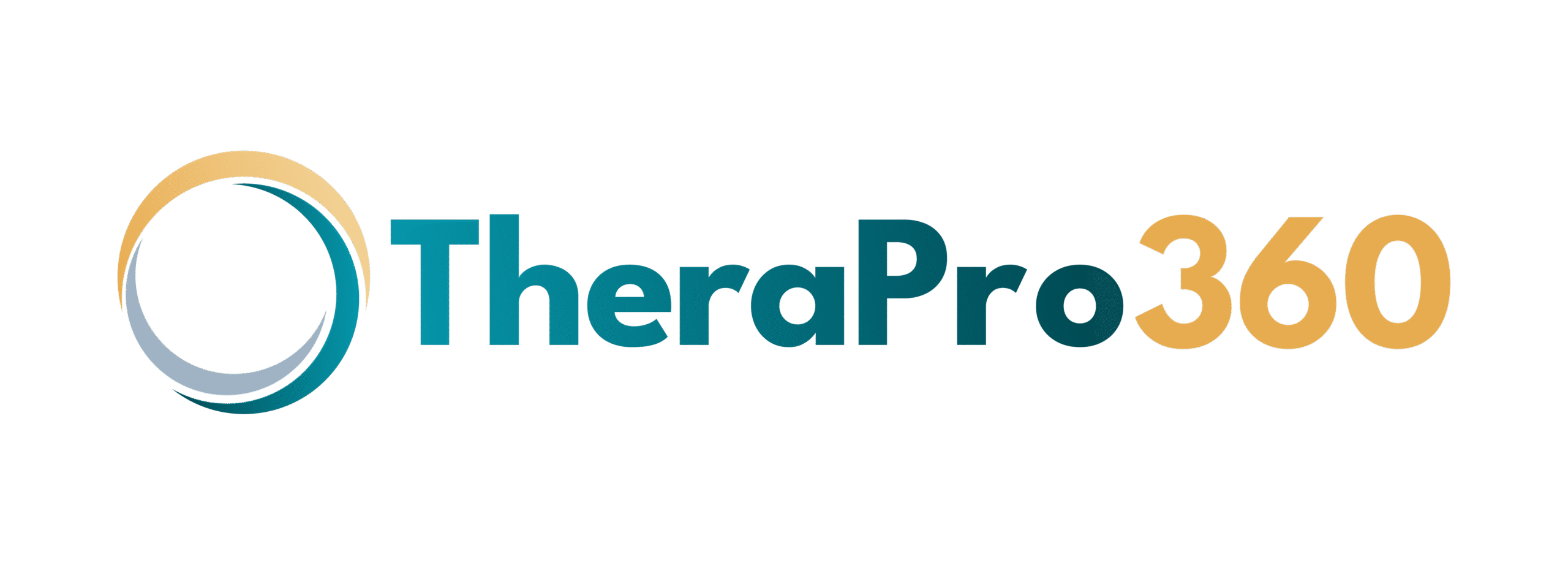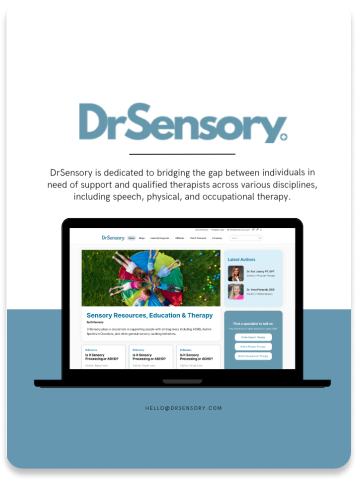
Blog
Social Media Marketing for Physical Therapists: A Strategic Guide
Expert web designers ensure the site and software is easy to use.Social Media Marketing for Physical Therapists: A Strategic Guide
If you think social media is just for viral dance trends or endless selfies, think again. Platforms like Facebook, Instagram, and TikTok offer physical therapy practices unmatched opportunities to connect with potential patients, engage with their local community, and build steady referral pipelines. Social media marketing isn’t just a bonus—it’s an essential part of growing a thriving PT practice.
But achieving success on social media isn’t about posting randomly or following every trend. It’s about having a well-structured, data-driven strategy that resonates with your target audience. Whether you’re looking to establish your expertise, boost patient retention, or drive new appointments, this guide will show you how to create an effective PT social strategy.
By the end of this guide, you’ll understand how to:
- Choose the right platforms for your practice.
- Create content that educates and engages your audience.
- Target patients effectively through strategic posting and paid campaigns.
Physical Therapy Marketing & SEO: A Guide to Managing Customer Data for Growth

Why Social Media Matters for PT Clinics
Before we get into the specifics, let’s explore why social media deserves your attention as part of your marketing strategy.
- Local Engagement
Social media platforms are one of the easiest ways to reach members of your local community. Through locally focused content and geo-targeted advertising, you can reach nearby individuals actively seeking physical therapy services.
- Education and Trust Building
By sharing valuable content, such as quality-of-life tips or explanations of common physical therapy treatments, you position your clinic as a trusted authority.
- Patient Retention
Social media allows you to stay connected with patients long after they leave your clinic. Helpful posts or tips make current and former patients more likely to engage with your services again or refer friends and family.
- Affordable Advertising
Compared to traditional marketing methods, social media marketing offers a significant ROI. Even small budgets can make a big impact when you use targeted campaigns.
Now that you know why a strong presence on these platforms matters, let’s discuss how to get started with a focus on the top-performing platforms.
Local SEO for Physical Therapists: How to Dominate in Your Area
How to Build a Physical Therapy Website That Ranks and Converts

Choosing the Right Platforms for Physical Therapy Social Media Marketing
Not every platform is created equal, and each serves a unique purpose in your overall PT social strategy. Here’s how to leverage the best platforms for physical therapy practices.
Facebook for PTs
Facebook remains a key platform for physical therapists, thanks to its wide-ranging demographic and community-building features.
- Why It’s Effective
With 2.9 billion monthly users, Facebook caters to diverse age groups, making it particularly powerful for reaching motivated adults (ages 30–65) who are often decision-makers for healthcare in their families.
- What to Post
-
- Educational infographics about injury prevention or rehab strategies.
- Live Q&A sessions on common physical therapy topics.
- Patient success stories (shared with patient consent).
- Updates, events, and special promotions.
- Advertising Opportunities
Facebook Ads allow granular targeting based on location, interests, age, and even behaviors. For example, you could target individuals interested in fitness or recovery from injury within 10 miles of your clinic.
Instagram for Visual Storytelling
Instagram’s visual format makes it ideal for showcasing what happens inside your practice. Studies show that 90% of people on Instagram follow at least one business, making it a great place to engage potential patients.
- Why It’s Effective
Instagram’s younger audience (ages 25–44) aligns well with active adults and athletes seeking physical therapy services.
- What to Post
-
- Before-and-after patient progress visuals (with consent).
- Behind-the-scenes clinic photos or “day-in-the-life” stories.
- Workout tips or rehab exercises as quick Instagram Reels.
- Inspirational recovery stories with accompanying images or videos.
- Engagement Features
Use Instagram Stories and polls for quick interactions. For example, post a poll in your Story asking, “Sitting all day? Need stretches? Swipe for tips!”
TikTok for Creative Community Engagement
TikTok has skyrocketed in popularity, particularly among users under 35. While it might seem like an odd choice for physical therapy, creative practices across industries use this platform for education and engagement.
- Why It’s Effective
Younger demographics—including young athletes—use TikTok extensively. If your practice focuses on sports rehab or maintaining physical health, TikTok is an untapped goldmine.
- What to Post
-
- Quick, relatable videos explaining physical therapy misconceptions.
- Step-by-step exercise tutorials in under 60 seconds.
- Fun and educational trends, like using trending music to showcase common movements you help improve or correct.
- Pro Tip
Use TikTok to answer commonly asked patient questions. Short clips like, “Does physical therapy hurt?” or “What is dry needling?” can perform particularly well on this platform.
Best Keywords for Physical Therapy SEO (With Examples)
Content Marketing Ideas for Physical Therapists
Social Media Marketing for Physical Therapists: A Strategic Guide

Creating Content That Connects and Converts
What you post matters just as much as where you post it. Effective content should educate, engage, and motivate action. But how do you make sure your content hits the mark?
Educational Content
Education is often your most valuable social media tool. Focus on solving real patient problems and answering common questions.
- Content Ideas
-
- “5 Stretches to Relieve Lower Back Pain from Sitting All Day.”
- “How to Prevent Common Sports Injuries During Running Season.”
- “What to Expect During Your First Physical Therapy Appointment.”
- “Signs Your Sports Injury Needs More Than Rest.”
- Tips for Better Performance
Include captions that use your target keywords naturally, like “Physical therapy social media marketing tip for reaching patients.”
Engaging Content
Engagement isn’t just about likes and shares. You want your content to spark conversations and encourage followers to interact with your clinic.
- Interactive Ideas
-
- Patient shout-outs for milestones or accomplishments (always with consent).
- Polls or quizzes in Instagram Stories, like “True or false: Physical therapy can prevent sports injuries.”
- Before-and-after posts highlighting patient success stories.
- Call-to-Action Examples
-
- “Need tips to improve your posture? Send us a DM for personalized advice!”
- “Tag a friend who could benefit from this exercise video.”
Behind-the-Scenes Content
Your audience wants an authentic glimpse into your practice. Share content that helps potential patients feel comfortable and connected to your team.
- What to Share
-
- Staff introductions, celebrating birthdays or fun facts about each therapist.
- Highlight new equipment or services launching in your clinic.
- “Day in the life” videos showing what patients can expect when coming to your practice.
Promotional Content
It’s important not to overdo promotional material, but regular updates can keep your audience informed.
- Promotional Post Examples
-
- Alerts about new services, like dry needling or cupping therapy.
- Seasonal campaign posts, like “Start your injury prevention program before marathon season!”
- Announcements for community events, such as free injury screenings.
Video for High Engagement
Video content performs significantly better on platforms like Facebook and Instagram. Videos should be short, engaging, and visually appealing.
- Video Ideas
-
- Demonstrative exercise clips with clear instructions.
- Testimonial videos where patients describe their recovery journeys.
- Q&A sessions, explained clearly and concisely.
Patient Reviews and Reputation Management for PT Clinics
Top Physical Therapy Marketing Mistakes to Avoid (And What to Do Instead)

Targeting the Right Audience
To make your social media efforts effective, you need a solid audience-targeting strategy. Narrow your focus to attract patients most likely to benefit from your services.
Start with Demographics
Most physical therapy patients fall between 25–65 years old, comprising active adults, athletes, and injured workers. Use these age ranges as your starting point when creating targeted advertisement campaigns.
Identify Subgroups
Segment your audience into categories for more tailored content:
- Athletes (injury prevention, high-performance rehab).
- Office workers (posture, back pain relief).
- Seniors (mobility support, fall prevention).
- Post-surgical patients (recovery and rehab tips).
Geo-Targeting for Local Results
With platforms like Facebook, you can tightly define geographic boundaries for ad campaigns. This ensures your local PT services appear where patients are most likely to book.
Retargeting Past Visitors
Use retargeting ads to reach users who’ve visited your website or interacted with your social media pages but didn’t convert. For example:
- “We noticed you checked out our sports therapy page—schedule your free consultation today!”
Measuring Success and Optimizing Your Strategy
To ensure your strategy generates real business results, track measurable performance indicators and optimize accordingly.
Key Performance Indicators (KPIs)
- Engagement Rates (likes, shares, comments).
- Website Referrals driven by social posts.
- Lead Generation (inquiries or appointments booked).
- Ad Results (click-through rate, cost-per-click, or conversions).
Tools for Analytics
- Facebook Insights and Instagram Analytics for free evaluation.
- Paid tools like Hootsuite or Sprout Social for multi-platform metrics.
Testing and Iterating
Regularly update and test new content types, audiences, and ad formats. Pay attention to what resonates most with your followers—then double down on it.
Email Marketing for Physical Therapists: How to Stay Top of Mind
How to Track ROI on Physical Therapy Marketing & SEO
Choosing the Right Practice Management and CRM Tools for Your PT Clinic
What Is Customer Data Management in Healthcare Marketing?
Best CRM Tools and Customer Database Management Software for Small Practices
Kickstart Your PT Social Strategy Today
Social media marketing isn’t just an add-on anymore—it’s how PT clinics connect with their communities and grow sustainably. By selecting the right platforms, creating engaging content, and targeting patients effectively, you can build a robust social presence that drives results.
Don’t wait—start posting today, track your progress, and adjust your strategies for long-term success!
Why TheraPro360?
Run your practice with simplicity with our streamlined scheduling, seamless telehealth integration, centralized patient portals, intuitive calendar management, and automated invoicing.
Get Started TodayAuthors and Contributors

Eva Lassey PT, DPT
Co-Founder of TheraPro360
Dr. Eva Lassey PT, DPT has honed her expertise in developing patient-centered care plans that optimize recovery and enhance overall well-being. Her passion for innovative therapeutic solutions led her to establish DrSensory, a comprehensive resource for therapy-related diagnoses and services.

Irina Shvaya
Co-Founder of TheraPro360
Irina Shvaya is the Founder of eSEOspace, a Software Development Company. She combines her knowledge of Behavioral Neuroscience and Psychology to understand how consumers think and behave.
Contents

Build Your Therapy Practice Online With a Website That Actually Works
At TheraPro360, we’re more than just software — we’re your all-in-one partner for practice management and online growth. From custom websites to SEO and marketing, we help therapists modernize their online presence and attract more patients.
Whether you're starting fresh or your current site needs a serious upgrade, our streamlined, white-glove process takes the stress out of getting results — so you can focus on what matters most: your patients.
Ready to Grow Your Practice?
👉 Schedule Your Free Discovery Call Now
Let’s build your online presence — together.











